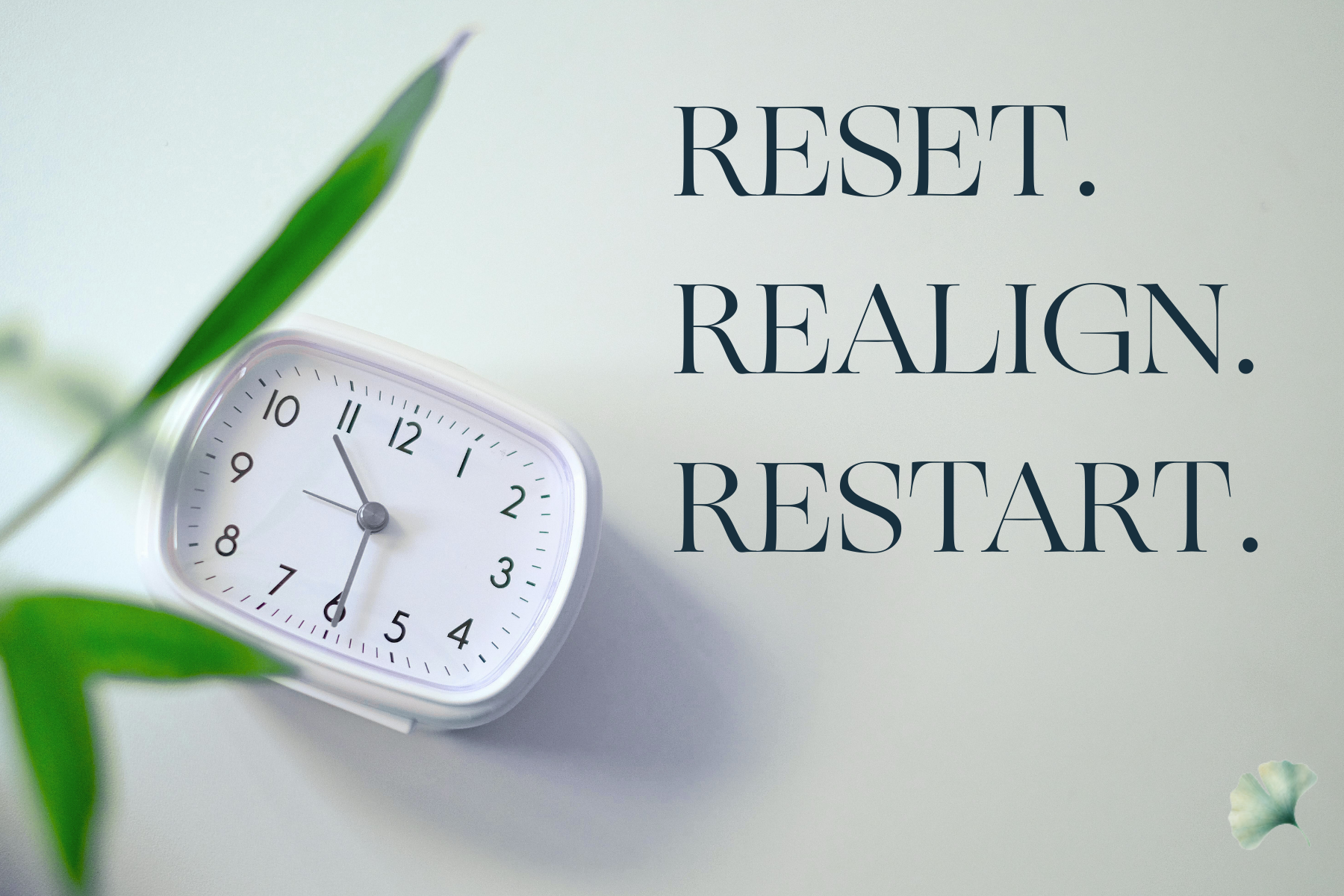Self-compassion is an element of the foundation of emotional well-being. It allows you to move through life with greater resilience, confidence, and kindness toward others and yourself. Yet, developing self-compassion isn’t something that happens automatically; it’s a practice intentionally cultivated over time. At Connections Health, we guide clients in building self-compassion as an ongoing, meaningful part of their emotional health journey. Here are a few impactful ways to start creating a self-compassion routine today.
Practice Kind Self-Talk
Notice your inner dialogue. Would you say the same things to someone you love as you say to yourself?
What it can look like instead: When you think, “I’m not good enough,” pause and reframe the thought: “I’m doing the best I can, and that is enough. I will always have growth ahead of me, so inevitably I will be imperfect.” Practice speaking to yourself with the same empathy you offer others.
Tip: Consider keeping a “self-compassion journal” where you record kind responses to your critical thoughts.
Set Boundaries That Protect Your Energy
Compassion also means protecting your peace. Saying no can be an act of self-respect and emotional preservation.
What it can look like instead: Declining an extra obligation when you feel overwhelmed or truly uninterested or choosing to spend your free time doing activities that replenish rather than drain you.
Tip: Make a list of activities and people that you love—and refer to it when making decisions about your time.
Check in with Yourself Regularly
Building self-awareness strengthens your self-trust. Take time to pause and reflect on how you feel emotionally, mentally, and physically.
What it can look like instead: Set a daily reminder to ask yourself: “What am I feeling right now? What do I need?” This small act of reflection can guide more compassionate choices throughout your day.
Tip: Use a mood-tracking app or journal to make emotional check-ins a regular part of your self-care.
Let Go of Perfectionism
You don’t have to be perfect to be worthy of care. Being human means being messy, growing, and learning—and that’s not only normal, but beautiful.
What it can look like instead: When you notice yourself striving for perfection, intentionally remind yourself: “Done is better than perfect. I am allowed to be a work in progress.”
Tip: Celebrate “imperfect wins” — moments where you showed up, even if it wasn’t flawless.
How Therapy Supports Self-Compassion
Self-compassion is easier to practice with the right tools, support, and guidance. Therapy provides a safe space to explore self-criticism, identify patterns undermining your confidence, and learn how to offer kindness in growth without harsh judgment.
At Connections Health, our compassionate clinicians meet you where you are. Whether through individual therapy, group therapy, or specialized support for LGBTQIA+ individuals and college and graduate students, we help you integrate self-compassion into your daily life—not just as a concept but as a lived experience.
If you’re ready to build a more supportive relationship with yourself, reach out to Connections Health. We’re here to walk alongside you as you build greater self-awareness and more genuine self-confidence.
Related Articles
Attending college is a time of self-discovery, growth, and new experiences. But for many, the transition comes with emotional and psychological challenges - ones that can quietly build beneath the surface. One of the most common and misunderstood among them is depression. In a 2021–2022 survey of over 130 U.S. college campuses, 44% of students [...]
A new academic year often brings a mix of emotions: hope, excitement, uncertainty, and sometimes, anxiety. Whether you’re starting college at Northwestern University or returning to another college in Chicago, it’s common to feel overwhelmed as expectations, social pressures, and responsibilities begin to pile up. At Connections Health, we work with many students—undergraduates, graduate students, [...]
“To love ourselves and support each other in the process of becoming real is perhaps the greatest single act of daring greatly.” — Brené Brown, Daring Greatly We live in a world that values momentum, output, and progress. But healing and personal growth don’t always follow a straight path or a set timeline. If you’re [...]






